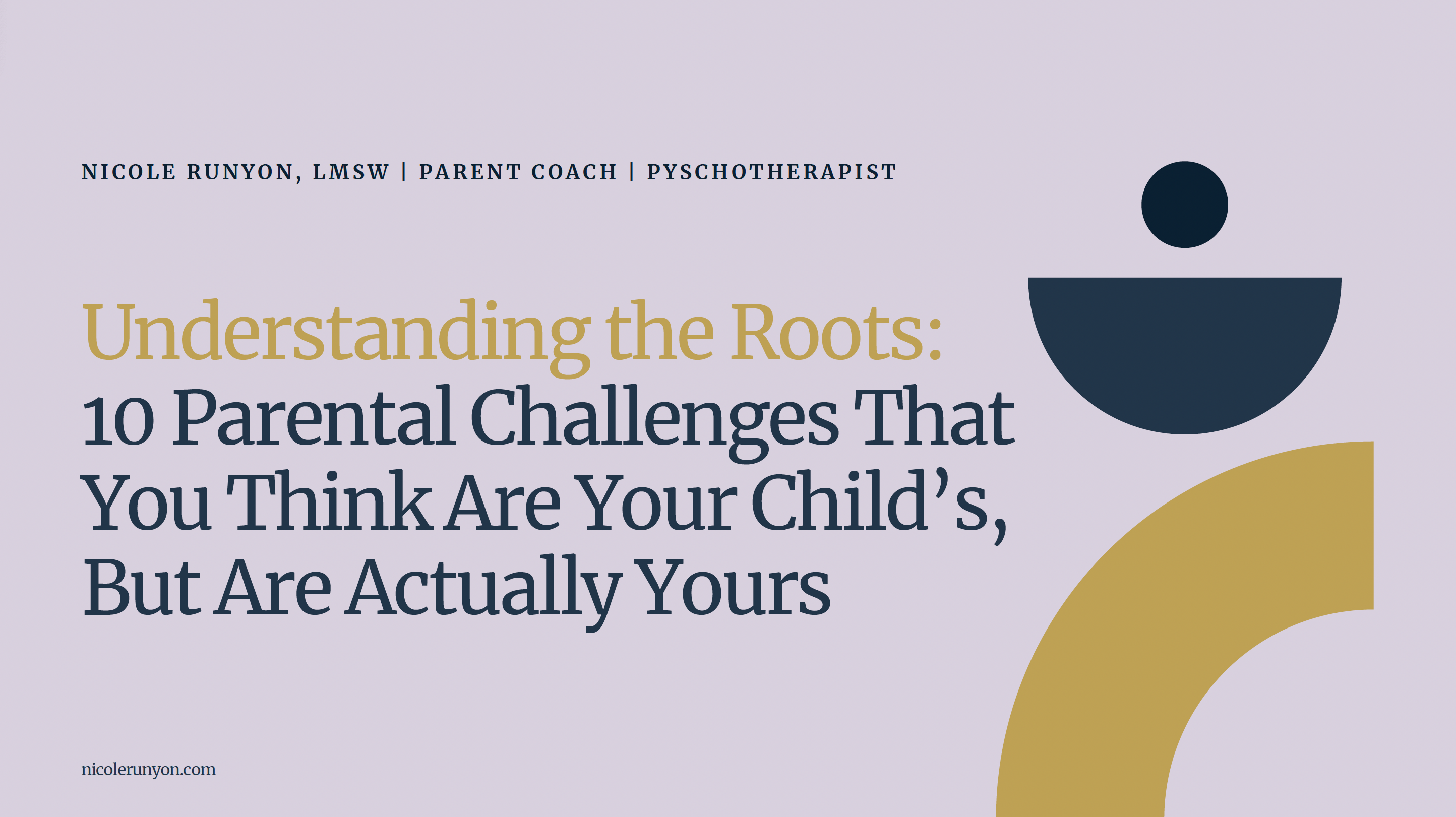In recent years, college application numbers have skyrocketed, with the Common App reporting a staggering 32% increase since 2020. This phenomenon, often referred to as application inflation, has led to a troubling trend: plummeting acceptance rates, particularly at Ivy League universities, where rates have dropped to as low as 3-4% compared to previous years’ 7-8%.
What’s driving this surge in applications? One major factor is the rise of test-optional policies adopted by many colleges. Additionally, American high schools are witnessing grade inflation on a concerning scale. Students are offered numerous opportunities for grade improvement, from test corrections to retakes and even the option to redo projects or entire classes. This culture of leniency is inflating not just grades but also college applications.
However, the harsh reality is that this approach isn’t hacking the system. Colleges still have limited spots, and the increased number of applicants means more students experience deferment, leaving them in limbo. So, why are high schools allowing this grade inflation to persist? The answer lies with parents.
Parents often pressure schools to ease academic rigor, fearing their children might struggle. Consequently, schools cave to this pressure, perpetuating a cycle of entitlement and unrealistic expectations.
But what should happen when a student receives a bad grade? The responsibility should lie with the student to seek help, learn from their mistakes, and grow. Colleges aren’t just looking for perfect grades; they want students who know how to fail gracefully and bounce back stronger. Failure is a crucial part of learning and personal development.
By shielding Generation Z from failure, we’re doing them a disservice. We’re robbing them of the opportunity to develop resilience, autonomy, and essential life skills. Instead, we must empower them to embrace failure, learn from it, and ultimately thrive in the face of adversity. Let’s give them the confidence to navigate the challenges of the real world and become their best selves.

